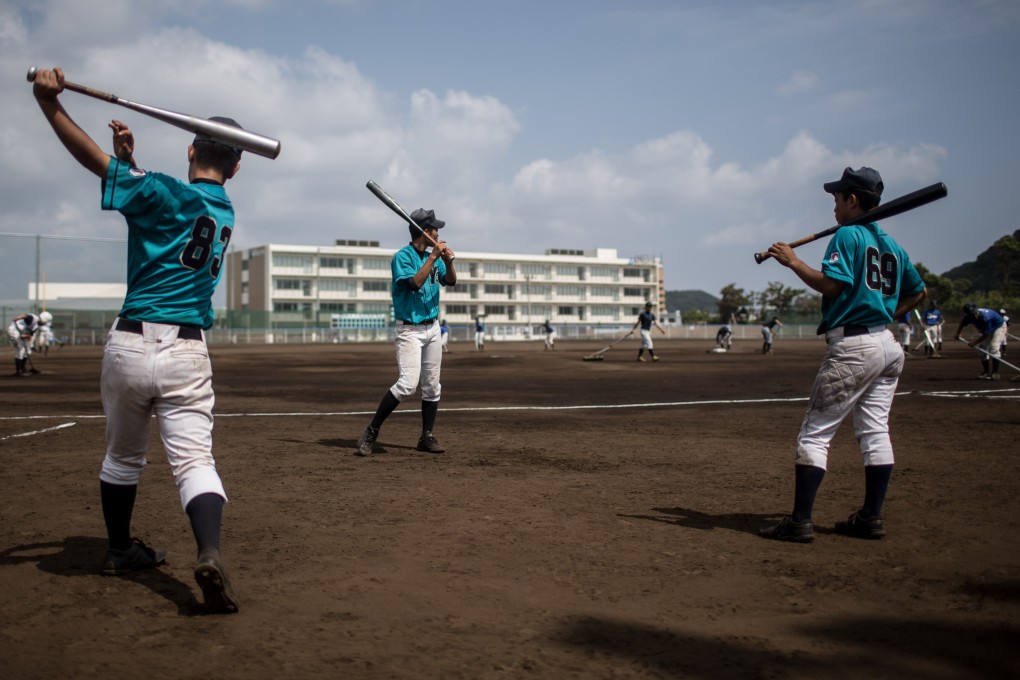How baseball became a national Japanese pastime and spawned fans like no other
- Baseball was introduced to Japan by an American civil war veteran in 1871 and became the country’s first team sport
- One theory behind its popularity is the appeal in the duel between pitcher and batter, which evokes comparison with battling samurai warriors of old

Sumo, judo, kendo, aikido, kyudo – all of these and more tug on the heartstrings of Japanese sports fans. But nothing galvanises the nation quite so much as yakyu, better known as the all-American game of baseball.
Japanese toddlers start playing as soon as they can pick up a bat. The annual summer high school championship, featuring teams from all 47 prefectures, is broadcast live on national television.
A dozen teams – reluctantly spending extended time on the bench now due to the worldwide coronavirus crisis – make up the two professional leagues.
There’s intense competition among employees to join one of the industrial sides, and a few players – such as starting pitcher Masahiro “Ma-kun” Tanaka, who is on a seven-year, US$155 million contract with the New York Yankees – have made the lucrative jump across the pond to compete in the United States.
Thousands of Japanese followers pour into stadiums for each and every game to voice their support in a fashion that gives full amplitude to the term “fanatical fan”.

Japanese baseball had an unlikely genesis. A century and a half ago, American civil war veteran Horace Wilson was packing his bags on the family farm in Gorham, in the US state of Maine, before taking up a post teaching English at Kaisei Gakko, which later became Tokyo Imperial University.